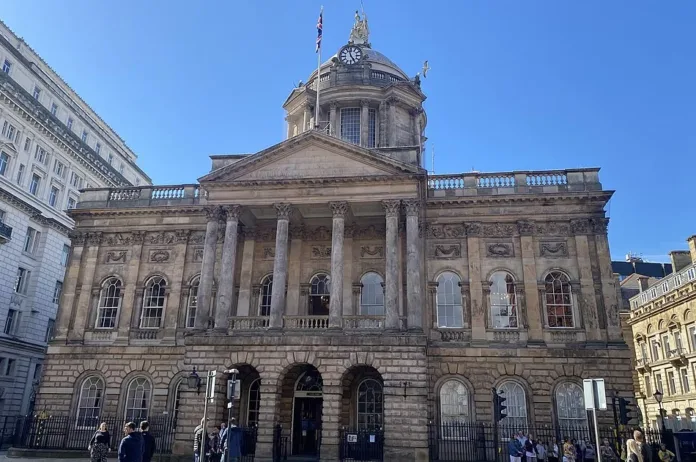Inquiry hears warnings about Southport killer were lost in bureaucracy before murders
A public inquiry has heard how desperate warnings about the teenager who killed three young girls in Southport were lost in a maze of bureaucracy. Teachers and social workers raised repeated concerns, but agencies failed to act decisively before the knife-obsessed youth launched a brutal attack.
The inquiry, sitting at Liverpool Town Hall, is examining the background of 18-year-old Axel Rudakubana, who murdered Alice Aguiar, nine, Elsie Dot Stancombe, seven, and Bebe King, six, at a Taylor Swift-themed dance class on 29 July 2024. Eight other children and two adults were also seriously injured.
Nicholas Moss KC, lead counsel to the inquiry, said the central focus would be whether any agency had “taken responsibility” for the teenager’s case, or whether it was simply passed from one body to another.
Evidence revealed that Cheryl Smith, a safeguarding lead at Presfield High School, sent a despairing email in March 2023 after struggling for nearly a year to get the boy back into education. “The red tape is frightening,” she wrote, explaining that police, social care and specialist education teams each claimed he did not fall under their remit. “Short of breaking in I don’t know how to see this kid.”
The inquiry heard that from the age of 13, Rudakubana’s behaviour had deteriorated sharply. At Range High School in Formby, he assaulted other pupils, carried knives and once remarked, “that’s why teachers get murdered” during a detention. He was expelled in 2019 after admitting he brought a knife to school to kill a bully. Later that year he attacked another student with a hockey stick while still carrying a knife.
Embed from Getty ImagesBetween 2019 and 2021, teachers referred him three times to Prevent, the government’s counter-extremism programme, over disturbing comments and online searches about school shootings and terrorism. Even after a multi-agency meeting involving MI5, his case was closed each time because officers judged he did not hold an extremist ideology.
Meanwhile, Lancashire County Council’s social services opened and closed cases repeatedly without long-term resolution. His father, Alphonse, begged for support as his son’s violence at home escalated. The boy kicked him, poured milk over him and threatened him with knives. Police were told the father had even found a bow and arrow in his son’s room and accepted deliveries of machetes ordered online.
The inquiry also revealed disturbing material found on Rudakubana’s devices. He had downloaded documents about genocide, torture and weapons, kept an image of Hitler, and studied an Al-Qaeda training manual. Investigators also uncovered anti-Islamic material, “very disturbing” pictures of abuse, and a PDF of so-called kamikaze death poetry. On the morning of the killings, he searched social media for videos of a church stabbing in Sydney.
Despite the mounting warning signs, no agency assumed full responsibility. Moss said the inquiry would explore whether anyone had a complete picture of the risk he posed, and what systemic failures allowed him to slip through the cracks.
The inquiry also heard about taxi driver Gary Poland, who dropped Rudakubana outside the dance studio. Dashcam footage showed children fleeing seconds later, but he drove away, only calling police an hour later. He later apologised, saying he was in “complete shock.”
Sir Adrian Fulford, chairing the inquiry, promised bereaved families that every question would be pursued. “We will do everything humanly possible,” he said. The hearings will continue in the coming months, examining not only the killer’s past but the failures of the very systems designed to protect children from exactly this kind of violence
